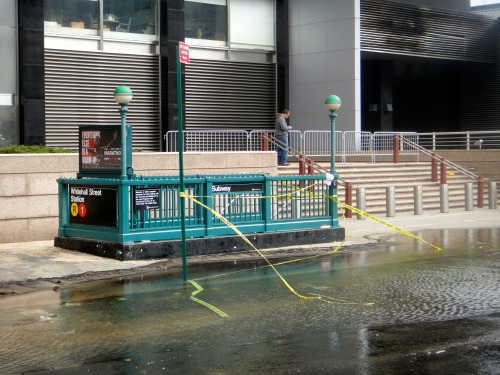
A bill recently introduced in the U.S. House of Representatives would help local communities and private companies build climate-resilient infrastructure to withstand extreme weather events better.
The Built to Last Act would equip the organizations that issue building codes and other standards with information on weather-related risks, including hurricanes, wildfires, and floods.
The bill also would require the National Oceanic and Atmospheric Administration to identify a consistent, federal set of forward-looking metrological information; and require the National Institute of Standards and Technology to make the information available to standards-developing organizations. Advice and technical assistance accompanying the information would ensure organizations can incorporate this information into standards, building codes, and voluntary certifications.
According to the Congressional Budget Office, economic losses from damage caused by hurricanes and storm-related flooding total an estimated $54 billion annually.
U.S. Sens. Tammy Baldwin (D-WI) and Marco Rubio (R-FL) introduced the bill.
“As extreme weather and costly damages becomes more and more frequent, it’s important we equip states and local communities with what they need to build stronger and more climate reliant infrastructure,” Baldwin said.
The bill has the support of numerous organizations, including the American Society of Civil Engineers and the Federal Alliance for Safe Homes.